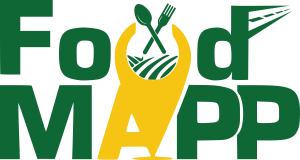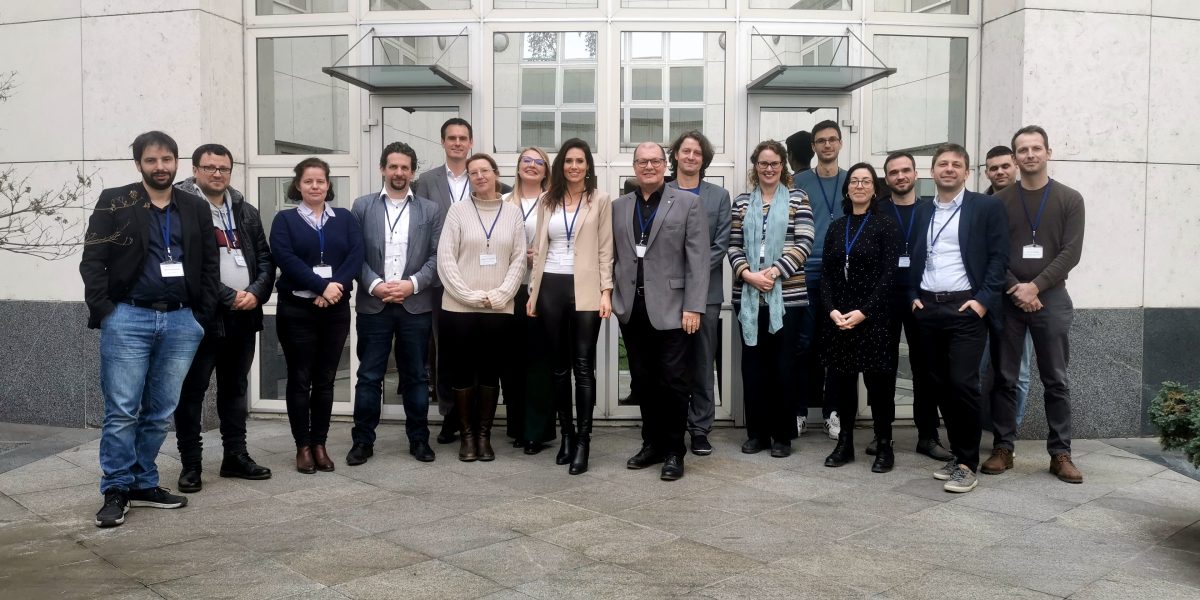- The FoodMAPP project, part of the European Commission’s Horizon Europe – Marie Slodowska-Curie Actions (MSCA) programme, will enable consumers to find and buy local food through an APP
- For Djamel Rahmani, leader of the CREDA participation, “the initiative will contribute to improving the efficiency of the food system, reducing waste and saving natural resources”
The Centre for Research in Agri-Food Economics and Development (CREDA) is participating in the FoodMAPP project, an initiative promoted by the European Commission within the Horizon Europe – Marie Slodowska-Curie Actions (MSCA) research aid program. The project, which began on March 1, 2023, aims to reduce the amount of food wasted, so that it will transform its supply, facilitating a transparent exchange between local producers and processors and consumers.
To carry out the FoodMAPP project, commercial information will be collected from all stakeholders in order to understand what the market demands and what consumers’ preferences are. From there, a dynamic digital platform will be created consisting of search maps that will allow consumers to identify local food points in real time, thus shortening supply chains to facilitate direct sales to consumers.
The participation of the CREDA is led by Djamel Rahmani, Doctor of Economic Analysis and Business Strategy. For him, “FoodMAPP is a staff exchange project that will combine and share knowledge between countries and different disciplines to improve the sustainability and resilience of the food system”. In this way, “the initiative will contribute to improving the efficiency of the chain, reducing food waste, and, therefore, saving natural resources”.
Regarding the role that CREDA will develop, Rahmani explains, “it will be based on supporting three activities: (1) the development of protocols for collecting data from both producers and consumers; (2) the collection and analysis of this data; and (3) the support and supervision of the secondments”.
With this initiative, the European Commission aims to reduce the amount of food that is discarded, while reducing the environmental impact, since currently, 26% of global carbon emissions are due to the transport of food, recording an average of 171 km from the farm to the table.
The FoodMAPP project is led by the Faculty of Electrical and Computer Engineering of the University of Zagreb (Croatia) and has a total of 6 partners: the University of Ghent (Belgium), the University of Eötvös Loránd (Hungary), the University of Bournemouth (United Kingdom), the Research Centre of the Paul Bocuse Institute (France), the company Ronge & Partner GMBH (Austria) and CREDA (Spain).

FoodMAPP (link to the official CORDIS website) has received a total of €441,600 in funding from the European Union and aims to end in February 2027.


